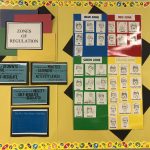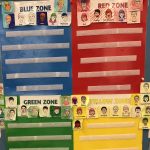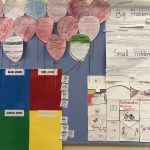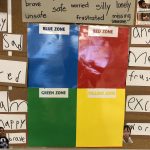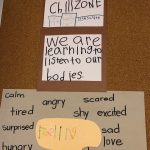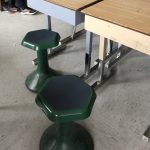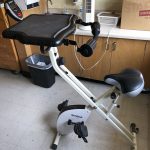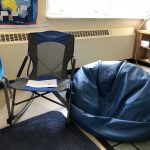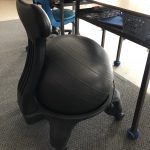Resources Used
“The MEHRIT Centre (TMC) is an educational organization, established by Dr. Stuart Shanker (D.Phil.) in 2012 to work towards a vision of calm, alert children, youth and adults flourishing in physically and emotionally nurturing environments. Our mission is to ground learning and living in self-regulation. Decades of research have shown that self-regulation is the foundation of healthy human development; adaptive coping skills; positive parenting; learning; safe and caring schools; and vibrant communities. TMC works to translate this knowledge into practices that will benefit all children, parents, teachers and leaders in schools and communities.”
“Recent research tells us that one of the keys to student success is self-regulation – the ability to monitor and modify emotions, to focus or shift attention, to control impulses, to tolerate frustration or delay gratification. But can a child’s ability to self-regulate be improved?
Canada’s leading expert on self-regulation, Dr. Stuart Shanker, knows it can and that, as educators, we have an important role to play in helping students’ develop this crucial ability. Distinguished Research Professor at York University and Past President of the Council for Early Child Development, Dr. Shanker leads us through an exploration of the five major domains – what they are, how they work, what they look like in the classroom, and what we can do to help students strengthen in that domain.”
“The Zones of Regulation” is a curriculum geared toward helping students gain skills in consciously regulating their actions, which in turn leads to increased control and problem-solving abilities. Using a cognitive behavior approach, the curriculum’s learning activities are designed to help students recognize when they are in different states called “zones,” with each of four zones represented by a different colour. In the activities, students also learn how to use strategies or tools to stay in a zone or move from one to another. Students explore calming techniques, cognitive strategies, and sensory supports so they will have a toolbox of methods to use to move between zones. To deepen students’ understanding of how to self-regulate, the lessons set out to teach students these skills: how to read others’ facial expressions and recognize a broader range of emotions, perspective about how others see and react to their behaviour, insight into events that trigger their less regulated states, and when and how to use tools and problem-solving skills.
Resources Created
These resources will open in your browser in a new tab, or be downloaded to your computer.




